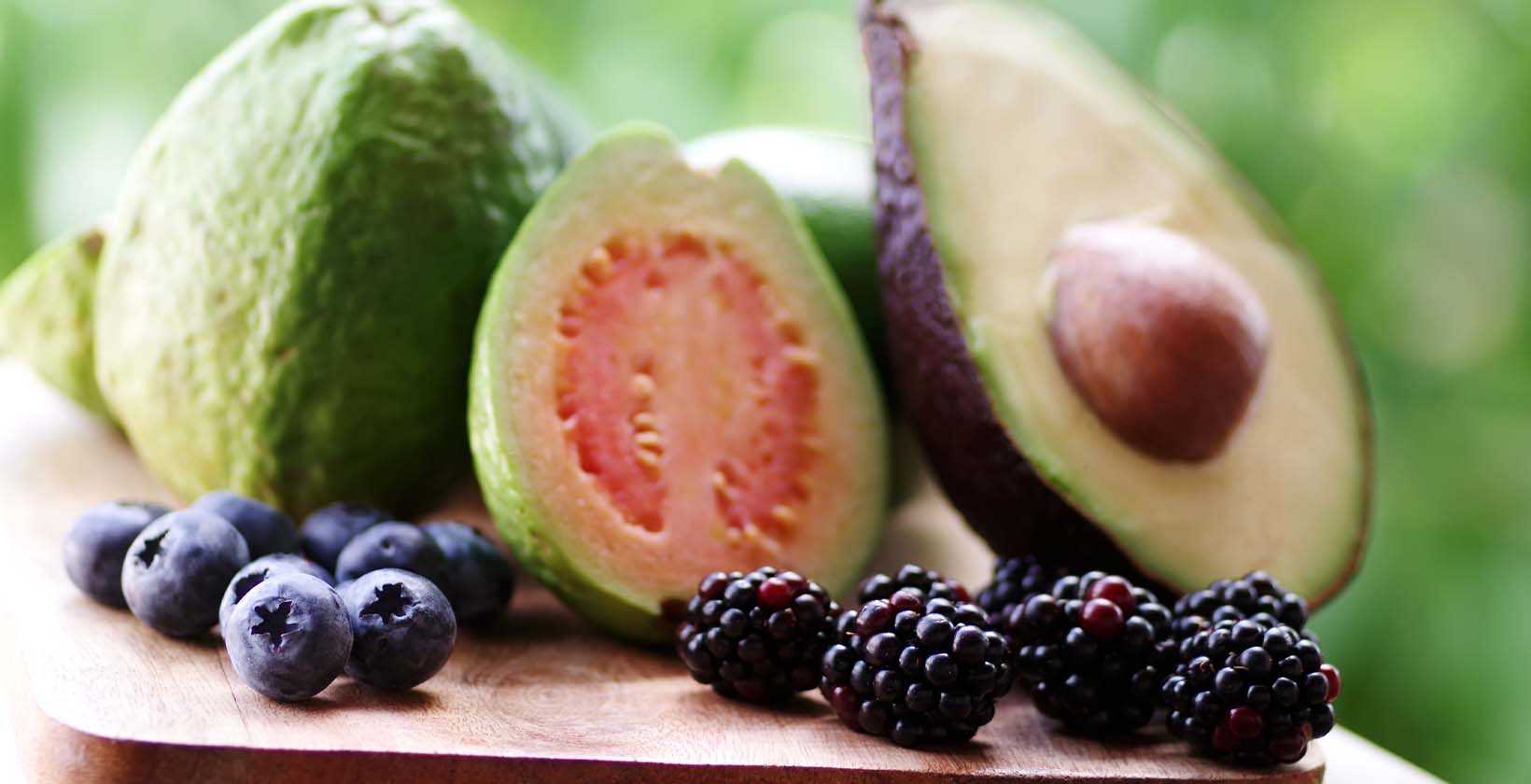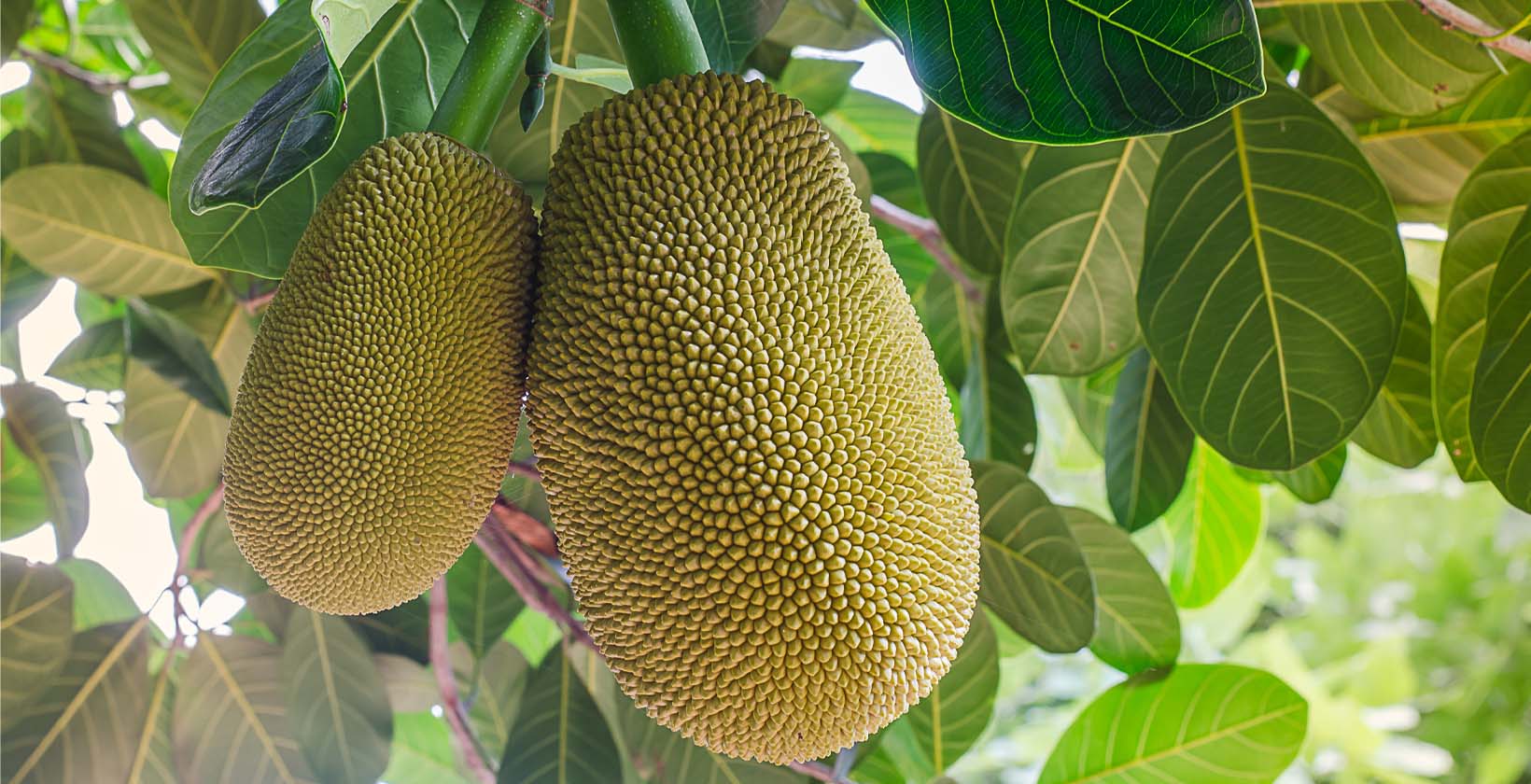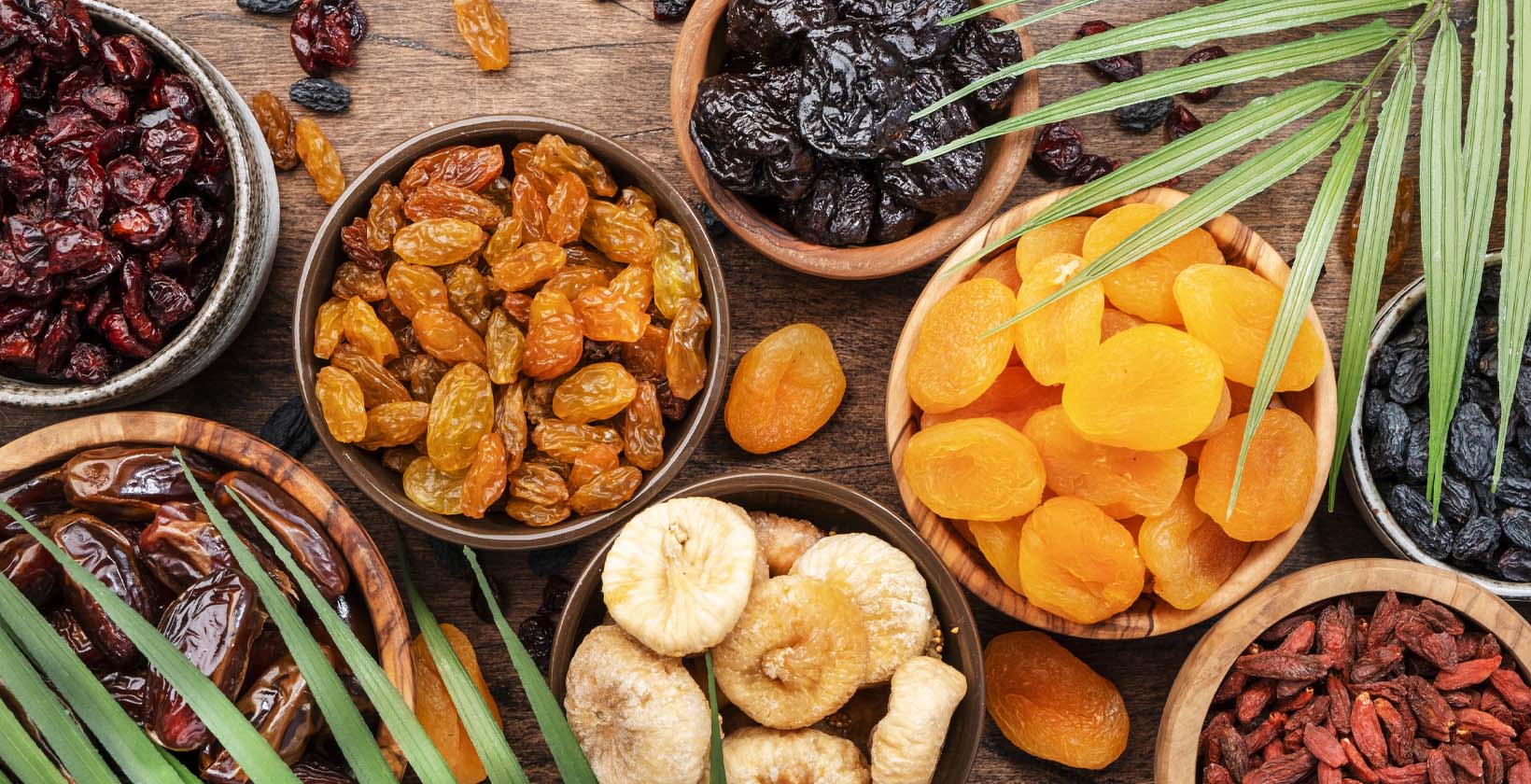Eating enough protein offers many benefits to those hoping to burn fat, build muscle mass, and improve athletic performance. While we tend to think of protein from meat sources or Greek yogurt, you can also enhance your intake with certain fruit and vegetables.

Here are some of the best high-protein fruits to add to your diet and the benefit of choosing this source of protein.
Benefits of a High Protein Fruit and Vegetable Diet
It should come as no surprise that fruit isn’t the best source of protein when compared to lean meat, lentils, and whey protein supplements. So why would someone want to eat fruit as a source of protein? Let’s explore the other benefits of eating a high protein fruit and vegetable diet.
Great for Plant-Based Eating
Plant-based eating doesn’t mean not eating meat, but it does focus on prioritizing non-meat foods as a large part of one’s diet. For those trying to eat less meat and those pursuing a vegetarian or vegan lifestyle, getting protein can be a challenge. Incorporating fruit-based protein sources can help these individuals achieve their protein intake goals despite the challenges they face.
Better Use of Natural Proteins
Whenever possible, we should all strive to get the nourishment we need from real food sources. In other words, athletes should prioritize minimally-processed foods over supplements. As the name implies, supplements are meant to supplement a diet rather than being the primary source of nourishment.
Using fruit as a source of protein can help athletes get closer to a daily protein goal before using a whey protein supplement.
Low in Fat
Eating healthy fats is a must for bone health and skin health while supporting focus and cognition. However, there is too much of a good thing. If you’re someone who craves a sweet treat or struggles to hit your macros without going over on fats (here’s looking at your nut butter and peanut butter), getting a dose of protein from fruits can help.
Many Fruits High in Carbs and Protein
Carbohydrates play an integral role in athletic performance. For a healthy snack that gives you the energy you need and promotes recovery after a workout, you can’t go wrong with fruit both in terms of nutrients and convenience.
Access to More Nutrients
Fruit is an excellent source of vitamins, minerals, and antioxidants. While we tend to focus on the macronutrients to support training— protein, carbs, and fats— micronutrients ensure our bodies function properly. The B complex vitamins, for example, assist with protein synthesis.
Macronutrients may give your body what it needs to perform and build lean muscle mass, but micronutrients ensure your body can do its job. Fruit is also an excellent source of fiber which helps with digestion and energy supply.
What Fruits Are High in Protein?

While all fruit has some protein, many types offer more than others. Using these to make protein fruit smoothie recipes can help you get plenty of protein to support your training goals.
1. Guava
Guava is a tropical fruit that offers 4.2 grams of protein per cup (165g) or 2.6g per 100g serving. This floral fruit is an excellent source of vitamin C and also offers magnesium and vitamin B6. In addition to having a high protein content for fruit, guava also promotes skin health, heart health, and long-term blood sugar control. A single serving of guava also offers 9 grams of fiber, making it a must-have when trying to improve your protein intake.
2. Avocado
If you enjoy a tasty snack of guacamole or avocado toast, you’ll be pleased to hear that this fatty fruit has 4.6 grams of protein per cup (230g) or 2g per 100g serving. Avocado offers many beneficial nutrients, including vitamins C, K, and E, as well as beta-carotene and Omega-3 fatty acids.
Unlike most fruit on this list, avocado is higher in fat— approximately 19.5g per 100g serving.
3. Jackfruit
Jackfruit is a preferred source of extra protein for many plant-based eaters due to its meaty consistency. This tropical fruit is a perfect meat substitute for pulled pork and taco dishes.
This unique fruit offers 2.8 grams of protein per one-cup serving (163g) or 2g per 100g serving.
4. Durian
Durian is a creamy fruit that’s known for smelling terrible. If you can get past the smell, this protein-rich fruit is an exceptional addition to desserts— who doesn’t want extra protein in their cheesecake?
The durian has 3.6 grams of protein per cup (243g) or 1.5g per 100g serving. People describe the flavor as sweet with savory notes.
5. Dragon Fruit
Dragon fruit is an excellent source of Vitamin C and iron while offering a protein boost with 3 grams of protein per cup (227g) or 1.2g per 100g serving. The mild flavor makes this fruit a perfect addition to Greek yogurt parfait or protein fruit smoothies.
This mild fruit also goes well in dinner and dessert recipes, like a delicious fruit salad or pie.
Which Dry Fruits Have High Protein?

When comparing dried fruit to fresh fruit, many wonder why dried fruit has a better protein content. Dried fruit tends to pack more nutrition per single serving as water is removed during the drying process. This makes each serving more compact and nutrient-dense. There’s also a convenience and accessibility factor to consider, as dried fruit has a lower cost and longer shelf-life.
The downside of eating dried fruit is that there’s also a higher calorie content in a smaller serving. It’s also important to watch out for added sugars when purchasing dried fruit.
When it comes to dried fruit, some of the best sources of protein include:
6. Goji Berries
Dried goji berries are one of the best dried fruits to up your daily protein intake. With 8 grams of protein per cup (112g) and 11g per 100g serving, you can use these sweet berries in baked goods, on breakfast cereal, or just grab a handful before your next intense workout.
7. Cherries
Dried cherries are a blessing for those who love fresh cherries but experience barriers due to price and access. These delicious treats are sweet, tart, and offer 6.1 grams of protein per cup (133g) or 4.5g per 100g serving. Add this versatile fruit to trail mix or make your own dried cherry butter!
8. Apricots
Dried apricots are another versatile fruit that you can add to various sweet and savory recipes to hit your daily protein requirements. Apricots have 4.4 grams of protein per cup or 3.4g per 100g serving.
Apricots are often featured on charcuterie boards and salads. They also taste amazing when paired with raisins and nuts in a rice pilaf.
9. Raisins
Raisins offer various health benefits. In addition to being an excellent source of fiber, they’re also high in antioxidants and offer anti-inflammatory properties. With 5 grams of protein per cup, packed (165g) or 3.1g per 100g serving, add these to trail mix or oatmeal cookies.
10. Prunes
Prunes are known for their digestive properties. Offering 3.8 grams of protein per cup (174g) or 2.2g per 100g serving, prunes also offer plenty of other health benefits, like lower cholesterol levels and better metabolic function. Just don’t eat them right before a workout!
Myths About High Protein Diet Fruits
In recent years, there’s been a lot of misinformation about fruit being unhealthy because of the sugar content. It’s important to understand the difference between added refined sugars and natural sources of sugar. Unless you have a disease like diabetes, the average banana isn’t going to be what makes or breaks your goals. Eating a balanced diet— not villanizing food groups— is what it takes to create sustainable eating and training patterns.
Final Thoughts
While a handful of fruit may not offer the same amount of protein as a scoop of vanilla protein powder, nature’s candy offers many health benefits that contribute to a healthy diet. Try adding these high-protein fruits to your food for a delicious protein boost.